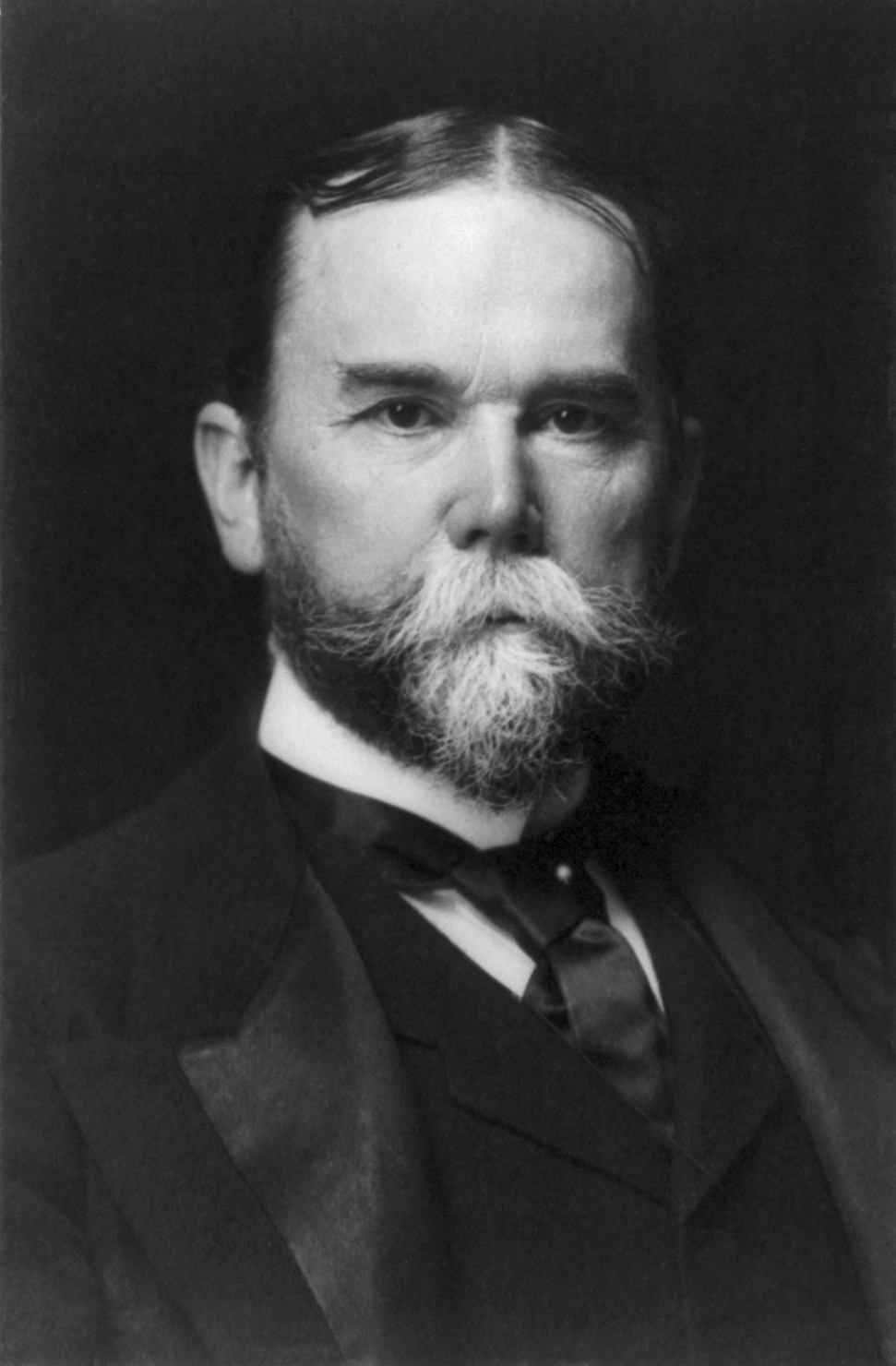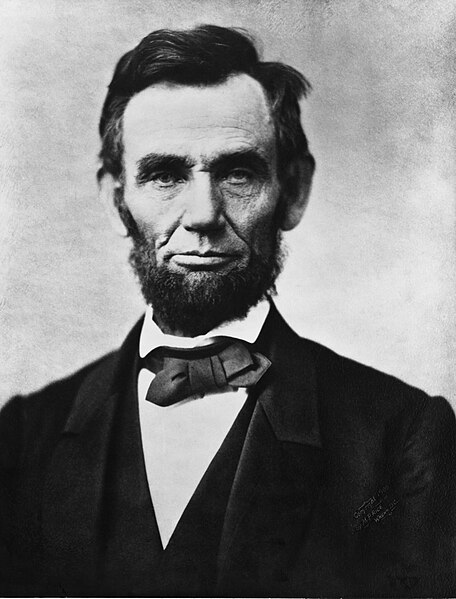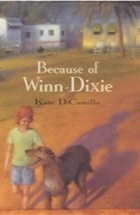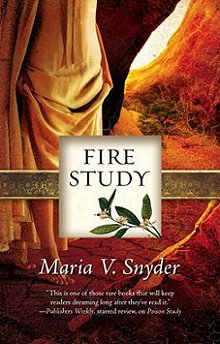My Brother Sam Is Dead by James Lincoln Collier and Christopher Collier

My Brother Sam Is Dead is an interesting piece of historical fiction written for young adults. Full of the mundane details of everyday living of the colonial period, it explores the philosophical struggles of the people dealing with the American Revolution. The first part of the book focuses on the details of colonial life, while in the last 80 pages or so, this book becomes quite a page-turner. The book as a whole is a coming of age story about our hero, Tim Meeker, who is forced to grow up quickly in a war-torn world.
Who should read this? Depending on your toleration of violence and language, this book is most appropriate for eighth graders. I think a lot of teachers read this to their fourth or fifth grade classes, but be aware that there are some violent parts--war-related, of course. The writing is simple and clear--keep in mind that it’s written at about fifth grade level.
I highly recommend My Brother Sam Is Dead to anyone who is interested in the American Revolution, historical fiction, or the interpersonal conflicts of war. I've read quite a few reviews by kids who were "forced" to read this for a class. "I despise history," wrote one reader. "This is the most boring book I've ever read," wrote another. Well--if you hate history and refuse to have an open mind, then you will certainly hate this book as well. If you are blatantly anti-intellectual--yeah, you might find this book boring. But if you want to explore what it's like to run a tavern in the 1700's, trudge an oxen cart through the snow, or be ambushed by cattle thieves--then you will love My Brother Sam Is Dead.
Inside Lincoln's White House: The Complete Civil War Diary of John Hay by John R. Turner Ettlinger

On the heels of reading Lincoln by Gore Vidal, I was compelled to read the diary of John Hay.
So if you don't know who John Hay is--google him. Did you google him yet? I'll wait....oh never mind. To summarize: He was Abraham's Lincoln personal secretary when Lincoln was president. Later in his career, he was a journalist, a diplomat, and Secretary of State. This book, however, is comprised of his diary entries during the Lincoln presidency.
The Civil War Diary of John Hay is really all that--a diary. The editors lovingly and painstakingly pored through his notes and made their best attempt to preserve the integrity of his words. They even included the parts that he crossed out, represented in print with cross-outs
The big difference between this and a "normal" diary is--when John Hay goes to see a play, J. Wilkes Booth is an actor. And when he delivers a letter for his boss, his boss is Abraham Lincoln, and the letter is addressed to Ulysses S. Grant. And a really good day for him is when everybody gets to read the first draft of the Emancipation Proclamation. This diary contains the petty annoyances of everyday living, as well as the historically significant events of the time.
Yeah, this is a diary, and this is a really good read. Mr. Hay was an aspiring writer at the time, and we all benefit from his fine turns of prose. During slow times at the White House, he wrote in poetic paragraphs; during the busier times, he jotted down notes (like, "Had lunch with Mr. X.") Just observing the structure of his writing gives insight into the state of the Union at that time.
Anyway, this book would be a great reference for anyone doing scholarly work on the Civil War, Abraham Lincoln, and especially John Hay himself. This is not the kind of book you leisurely read. However it did make me want to go back to grad school!
The Book Thief by Markus Zusak

I’m so sorry, everybody, but I don’t want to read 500+ pages telling me how horrible it was in Nazi Germany. I’ve actually been to Auschwitz. I’ve laid my hands on the ovens, toured the facilities where they experimented on Jews, and walked through the showers. Believe me, that pretty much does the trick for a long time. I had my World War II overdose and I’m a bit too much of an empath to go back for a while. I guess it's a personal thing.
So many people said to me, you must read The Book Thief--it’s fantastic! But they never told me what it was about. I don’t know why I assumed it was supernatural fiction. Perhaps I was putting it into the same category as Inkheart, another book about books, where characters are viable living things. The Book Thief is nothing likeInkheart.
Having said that, The Book Thief is a fine book to read if you want to understand some of the daily struggles of life in Germany at that time. This book peeks into the trials of pro-Nazi Germans, anti-Nazi Germans, neutral Germans just trying to survive, and, of course, Jews (most of whom are Germans; I assume they are anti-Nazi). The characters each have a clear voice and compelling stories to tell. You really care what happens to them, even if it takes 500 pages to get there.
Sorry I keep mentioning the number of pages, but it’s a very long book. I find it hard to believe this was written for a young adult audience. Just because the main character is a kid, does that make it a book for young adults? But I digress.
Aside from the characters, the other reason to read this book is the short story contained within it, “The Standover Man.” It is sweetly written and sweetly illustrated.
A comment about the writing style--first, at times Markus Zusak tries too hard to be literary. There is so much metaphor in the book that you get a little tired of it. Dude, just say it! Also I found the use of foreshadowing a bit excessive. Maybe the author feels he needs to do this because the audience is young adult (I’m not sure who came up with that classification), but when every other chapter ends with something like, “That was the last time she would smile--ever”--well, it gets real old. Actually, one chapter ends like this:
For now, though, let’s let him enjoy it.
We’ll give him seven months.
Then we come for him.
And oh, how we come.
Really? Do you have to end every chapter with a teaser like this? Also, I am annoyed by the excessive use of one-sentence paragraphs, but that’s just a pet peeve of mine.
I was so aware of the conspicuous use of literary devices that I had trouble getting lost in the story. Frankly, the writing seemed contrived and distracting. I would read a line like, “His fingers smelled of suitcase, metal, Mein Kampf, and survival,” or, "The sky was like soup, boiling and stirring," and then think to myself, oh he’s using figurative language again. Where was I? Oh right, I’m reading a book about a girl in Nazi Germany where Death is the narrator. See my problem?
As I write this, I am not sure if people are even critical of this book, because they are so impressed by the theme of the badness of Nazi Germany. Nevertheless I’ll take a chance. This book could have (should have) been about 100 pages shorter, or more. Remove the excessive metaphor usage, excessive foreshadowing, and sidebar comments by the narrator that don’t add to plot or character or setting. There! I feel better now. The book doesn’t seem so long and labored.

By the Great Horn Spoon! is a delightful book for kids about the California Gold Rush. Twelve-year-old Jack runs away with his butler Praiseworthy on a trip from Boston to San Francisco. They seek their fortune in the gold mines of California to help out Jack’s Aunt Arabella, who is on the verge of bankruptcy. Jack and Praiseworthy take the ship's treacherous passage around Cape Horn, up the western coast of South America, and on to California’s gold.
Reading this book is like jumping into a time machine. You will encounter people and artifacts surrounding the California Gold Rush, as well as life on a cargo ship. I don’t know if all the details are historically accurate, but certainly you get the feeling that you are right there with the miners eating sowbelly and beans. This book is worth at least 2 ounces of gold flakes!
















